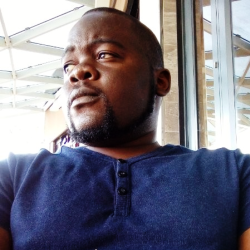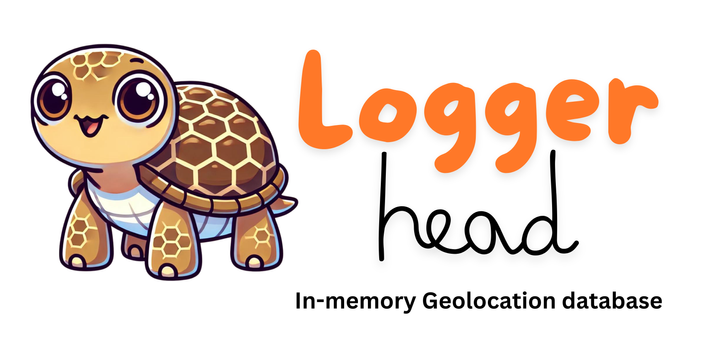Democratizing Payment: Boosting Innovation for Indie Hackers in the DRC
Fabrice Kabongo and the Congo Developer Club aim to democratize payment for indie hackers in the DRC by building a decentralized payment processing system using Mobile Money.

The need for innovation
Innovation is a crucial driver of the growth and development of an economy, and indie hackers in the Democratic Republic of Congo (DRC) have the potential to contribute to this growth. However, they face several challenges, including the inability to sell their products and services online due to the lack of a streamlined payment system.
This issue has prevented many indie hackers from investing time in their projects as they cannot profit from their work. They also need a payment system to scale their solutions to other parts of the vast country.
The penetration of Mobile Money technology
The International Telecommunication Union estimates that, in 2020, 45% of Congolese had a mobile cellular subscription (understand, not all have a smartphone).
This statistic means that the total addressable market in Congo for selling online or remote products and services is approximately 45 million individuals (the Congolese population is close to 100 million).

The payment problem and mobile money penetration offer an opportunity that the Congo Developer Club and I have decided to capture.
The initial solution
We have decided to democratize payment for Congolese indie hackers by building a #decentralized payment processing system that leverages the most popular payment system in the country, #MobileMoney systems.
The system is simple, #opensource, user-friendly, and #antifragile. I have chosen the word anti-fragile because we want the system to improve when facing challenges and limitations.
The system allows users to send money to indie hackers and small businesses using mobile money. When the Telecom companies confirm the transaction, they send an automated text message to the developer's phone.
If the developer has a popular offering, these transactions will become too numerous, so our app is designed to automate the handling of these payment notifications for the developer (or business).
The "payment processor" will be a mobile app on the developer's phone primarily designed for the Android platform because 73% of smartphones in DRC are running Android. We will use Flutter to build this app, allowing people to compile it for iOS(8% of users) if needed.

This app will enable the developer's system to work on #autopilot by reading, processing, and updating the status of orders. This app will only communicate with the developer's API via HTTPS to update the status of orders or wallets.
Why anti-fragile
We need the system to be #reliable so developers and small businesses can trust it. We also need it to react to new challenges we didn't envision when building it. e.g., the mobile provider changing the SMS format, internet connection issues, battery issues, bugs, etc.
We have designed three solutions to make the system anti-fragile:
- We will use #GoogleMLKit to extract information from the SMS sent by the Telecom company. This library will allow the app to adapt automatically to the new format without us having to rebuild and modify the app.
- The app will have a robust retry and offline mechanism to handle long periods without internet access or an untimely loss of power.
- The phone will be very frugal in internet usage, as data is expensive in the DRC. It will also refrain from using too much battery.
- The app is open-source, so that any developer can submit an improvement based on their experience. Here lies its biggest strength. It will never stop getting better.
- The Congo Developers Club is very active; this will allow a fast feedback look and let us quickly fix bugs and experience issues.
The nudge
This tool should not be a competition to anyone (at least anyone with a sound business plan), but we want it to print an idea in people's brains that "we deserve better service, and we can build it ourselves."
The end goal of this initiative is to encourage economic players to offer better products and services for indie hackers and other small companies in the DRC, so they eventually don't need it anymore.
The call of duty
We invite developers to help build this system, primarily Congolese developers but not just them: the beauty of open-source technologies is that everyone is free to participate and help us make our country a better place.


Comments ()